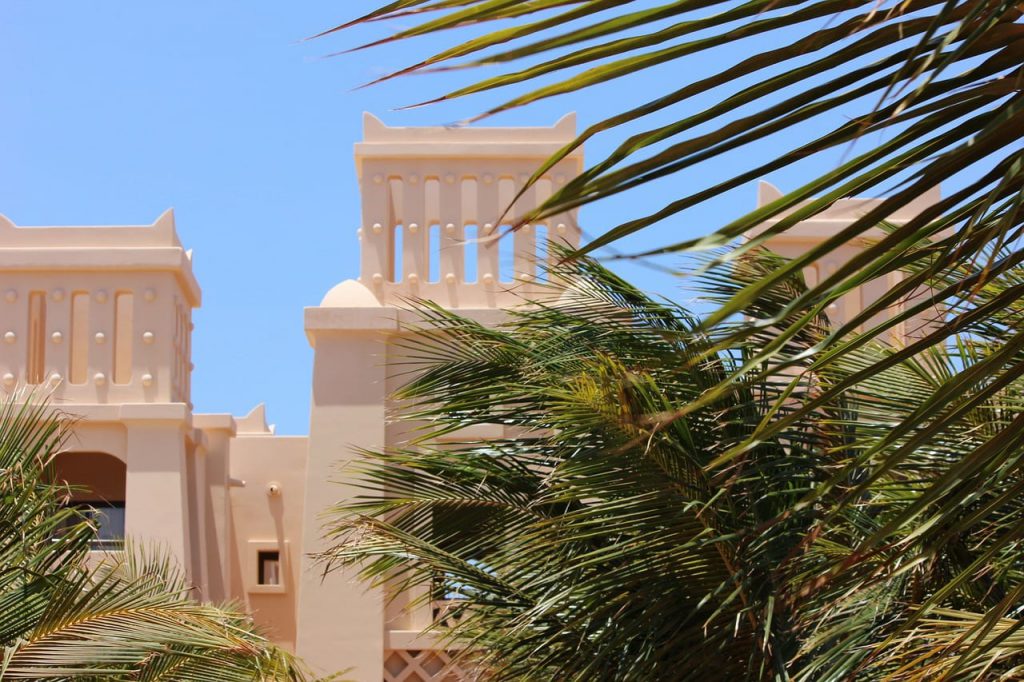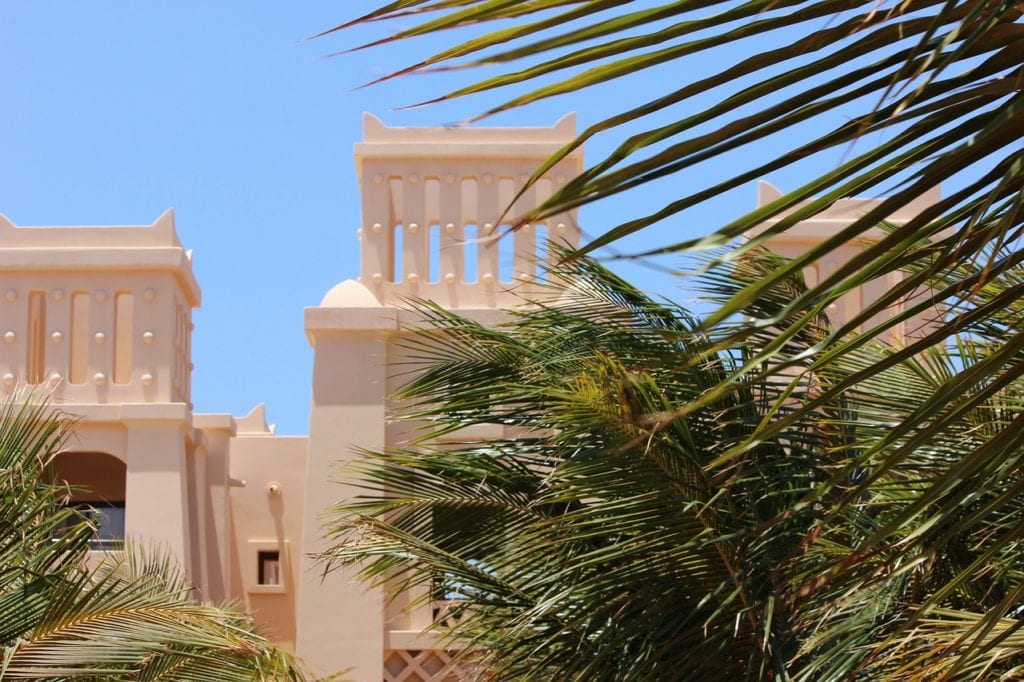
A Guide to Buying Property in Cape Verde
Many foreigners have experienced serious problems when buying property in Cape Verde. Those seeking a holiday home in the sun, in the past, were entering into a precarious world that was fraught with long delays, incomplete builds, disputes over ownership, and non-delivery of project management contracts. However, it appears the property market has turned over a new leaf on the volcanic archipelago, and confidence is slowly returning.
 Where Should I Buy in Cape Verde?
Where Should I Buy in Cape Verde?
Cape Verde is made up of two groups of islands; The Barlavento Islands and The Sotavento Islands. The Barlavento Islands are made up of seven islands, and Sal is the most popular to buy property on. At first glance, the terrain of Sal makes it look like a desolate planet, but those who buy property there are blown away by its beaches which are lined with restaurants and bars. Espargos is the main city, but many enjoy the fishing village of Santa Maria.
Santiago is the ‘capital island’ of Cape Verde and is celebrated for its African culture. Praia is the capital and located on the southern coast of the Island. The city is full of impressive colonial architecture, and a great location to immerse yourself in the history of Cape Verde. The island is blanketed in rich mountainous rainforest, and the coastline boasts fantastic opportunities for water sports and wildlife watching.
Boa Vista is another popular location for those looking to buy a property in Cape Verde. The island has 55 kilometres of untouched white sand beaches and many self-contained resorts solely built to offer properties to foreigners. Handily, a new international airport has recently opened and airlines are beginning to charter cheap flights from a number of airports worldwide.
Prices across all the islands tend to fall between £80,000 for an apartment and £250,000 for a villa. However, there are a number of properties which need some TLC, for those who fancy a project in the sun.
The Property Buying Process in Cape Verde
Always get legal advice when buying property in Cape Verde, and go through a reputable agent. Foreign investors are allowed to buy freehold properties in Cape Verde but, due to the lack of lawyers, things can get a little complicated. Therefore, it is essential to secure legal representation as early on in the process as possible. Before the process begins, you will need to get a Personal Fiscal Number; most agents will help with this.
In simple terms, when a verbal agreement has been made to purchase a property, you only sign the Promissory Contract when you feel 100 per cent comfortable. Once this has been completed, you will then be required to pay a deposit (usually around 10 per cent). Your lawyer will follow all the necessary legal processes, as well as conducting some precautionary searches. Given the green light from your lawyer, you can then sign the Ecscritura in the presence of the notary. This will indicate the completion of purchase. Usually, at this point, the balance of the property will be paid. However, due to some bad seeds tainting the property market, the balance is often not paid until keys are in hand and the new owners are physically in the property.
To save you trips to Cape Verde, you can sign power of attorney to your lawyer, but it solely depends on what is most comfortable to you.
After the Promissory Contract and paying the deposit, completion is often achieved in three to four weeks.
Property Fees and Mortgages in Cape Verde
Usually, mortgages are only available against built property in Cape Verde. Off-plan homes need to be paid for and many remortgage their home, take out special loans, or use savings. Fees, taxes, and buying costs tend to add around six per cent to the final purchase price of a property.
If you’re moving to or visiting Cape Verde don’t forget to invest in an expat insurance product to ensure you’re protected whilst there. For corporate clients, our new cashless health insurance could be the ideal solution.
